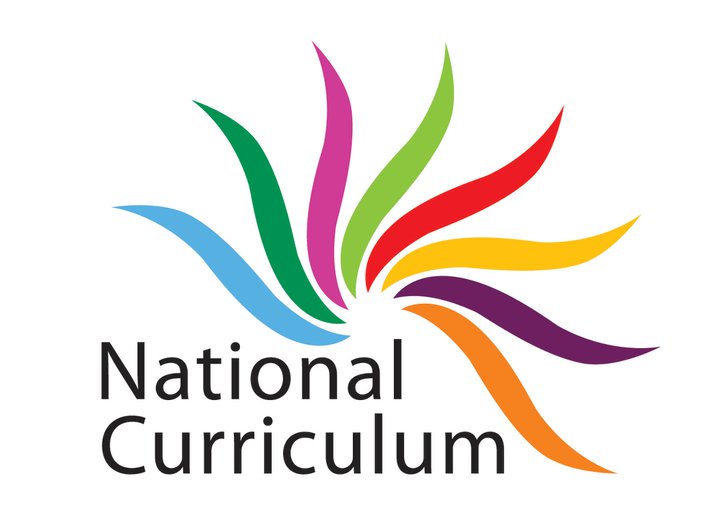Modern foreign languages (mFL)
MFL - Statement of Curriculum Intent
"If you talk to a man in a language he understands, that goes to his head. If you talk to him in his own language, that goes to his heart." - Nelson Mandela
At All Cannings school, our ambition is that all children are linguists. Our learning in MFL makes a difference by sparking an interest in other languages and cultures to prepare our children for life as citizens of a global community. It is our responsibility to raise awareness and appreciation of other cultures, in order to ensure ‘liberation from insularity’, as outlined in the National Curriculum (DfE, 2013).
At All Cannings, we provide a stimulating and creative environment for learning languages. We believe that language learning exposes our children to new ways of thinking and allows them to explore similarities and differences between the foreign language and English. It opens up different paths to learn a multitude of languages and raises awareness of a multilingual and multicultural world.
It is a statutory requirement to be taught languages at Key Stage 2, however at All Cannings, we believe that the earlier the exposure, the better. By introducing languages in Key Stage 1, we can build our children’s confidence and foster a love of languages which permeates their own native language learning too. Alongside our quality MFL curriculum, we aim to inspire a love of language learning through regular practice outside of French lessons, including through routines and song.
We achieve this by providing a rich and diverse curriculum, underpinned by our school’s Christian values of Wisdom, Generosity, Koinonia, Compassion, Peace and Joy and linked by our ‘golden threads’. This enables every member of the school community to recognise and show that learning makes a difference.
Implementation
Our teaching allows for an appropriate balance of spoken and written language. We are committed to providing our pupils with rich and varied opportunities to explore phonology, grammatical structures and vocabulary, as well as the confidence to communicate in a foreign language. This provides a strong foundation for further foreign language learning at Key Stage 3.
- listen attentively to spoken language and show understanding by joining in and responding
- explore the patterns and sounds of language through songs and rhymes and link the spelling, sound and meaning of words
- engage in conversations; ask and answer questions; express opinions and respond to those of others; seek clarification and help
- speak in sentences, using familiar vocabulary, phrases and basic language structures
- develop accurate pronunciation and intonation so that others understand when they are reading aloud or using familiar words and phrases
- present ideas and information orally to a range of audiences
- read carefully and show understanding of words, phrases and simple writing appreciate stories, songs, poems and rhymes in the language
- broaden their vocabulary and develop their ability to understand new words that are introduced into familiar written material, including through using a dictionary
- write phrases from memory, and adapt these to create new sentences, to express ideas clearly describe people, places, things and actions orally and in writing
- understand basic grammar appropriate to the language being studied, including (where relevant): feminine, masculine and neuter forms and the conjugation of high-frequency verbs; key features and patterns of the language; how to apply these, for instance, to build sentences; and how these differ from or are similar to English
Impact
Through careful planning and delivery, our pupils will acquire knowledge about the countries of their target language to develop global citizenship. They will learn to understand and accurately communicate in spoken and written languages and develop authenticity through accurate pronunciation and intonation. Through our progressive curriculum, pupils can develop their creativity, as well as their skills in problem-solving and speaking and listening. When leaving us in Year 6, we aim for our pupils to be confident and curious linguists, with a breadth of skills and knowledge to build on.




Close